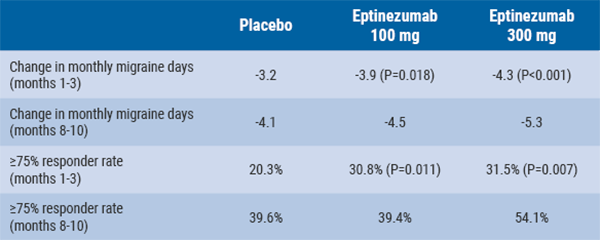PML is an opportunistic infection of the central nervous system caused by activation of the JC polyomavirus (JCV) in immunosuppressed patients. “Until now, there has been no treatment for PML, which is almost like a death sentence for the patient”, explained Dr Erin Beck (National Institute of Health in Bethesda, USA). “Basically, what we did was borrow immune cells from close relatives of the patients and make them active against the JVC.” Dr Beck's group used peptide libraries derived from BK Large T (LT) and Viral Protein 1 (VP1) that are highly cross-reactive with the structurally homologous JC proteins. PyVSTs were then generated from first-degree relatives of patients with refractory PML. Patients received 1x106 PyVST cells/kg, which could be followed by one or two additional infusions at 2x106 PyVSTs/kg, at minimal intervals of 28 days. The study's primary endpoint was safety.
In 12 subjects who received at least one infusion, there were no serious treatment-related adverse events. Dr Beck was particularly relieved to see no cases of overt immune reconstitution inflammatory syndrome, which can be fatal in itself. There were also no infusion reactions or graft versus host disease. The therapy was feasible; 7 patients (58%) survived and showed signs of neurological improvement. Dr Beck: “We did not expect them to do so well, since their condition was deteriorating even around the time of the first infusion. So, the results are very encouraging.” She could not say who benefitted the most from this therapy and which markers might predict survival.
1. Cortese I, et al. AAN 2019, Plen01.002.
Posted on
Previous Article
« Lack of consensus on anticoagulation after acute ischemic stroke in atrial fibrillation Next Article
Letter from the Editor »
« Lack of consensus on anticoagulation after acute ischemic stroke in atrial fibrillation Next Article
Letter from the Editor »
Table of Contents: AAN 2019
Featured articles
Letter from the Editor
Interview with Prof. Natalia Rost
Alzheimer's Disease and other Dementias
Amyloid PET in cognitively impaired patients
Tight blood pressure control lowers risk of mild cognitive impairment
Epilepsy
Headache and Migraine
Multiple Sclerosis and NMOSD
Immune tolerance by peptide-loaded tolerogenic dendritic cells
Biotin, ocrelizumab, and ibudilast in progressive MS
No increased MS relapse risk postpartum
Neuromuscular Disorders
First-ever effective and safe treatment of CMT1A
Parkinson’s Disease and other Movement Disorders
Leukaemia and hypertension therapies tested in Parkinson’s disease
Stroke
Miscellaneous
Possibly lifesaving therapy in refractory PML
New AAN guideline for treating Tourette syndrome
Subspecialty teleneurology: feasible and highly valued
Related Articles
July 30, 2019
Long-term efficacy and safety of erenumab
July 30, 2019
McDonald Criteria MS often misapplied and misunderstood

July 30, 2019
Eptinezumab reduces mean monthly migraine days
© 2024 Medicom Medical Publishers. All rights reserved. Terms and Conditions | Privacy Policy
HEAD OFFICE
Laarderhoogtweg 25
1101 EB Amsterdam
The Netherlands
T: +31 85 4012 560
E: publishers@medicom-publishers.com

